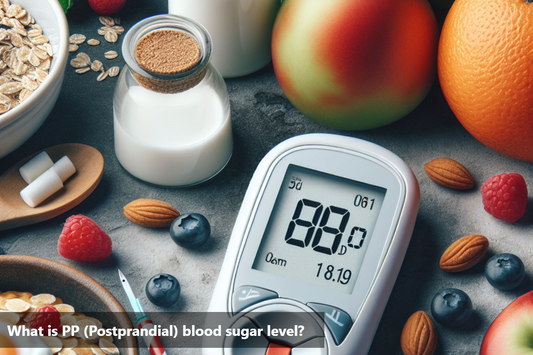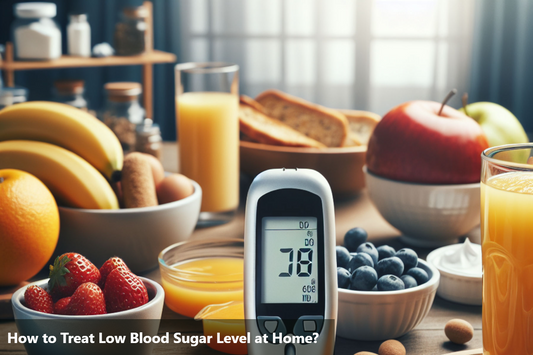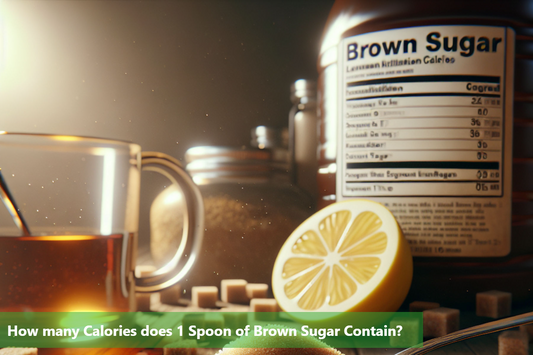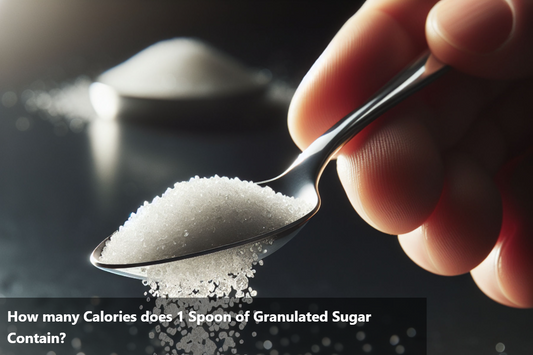Diabetes mellitus is a chronic condition characterized by high blood sugar levels due to insufficient insulin production or utilization. Insulin, produced by the pancreas, helps cells absorb glucose for energy. Without enough insulin, blood sugar remains high, causing diabetes complications. Managing diabetes involves addressing insulin deficiency through medication, lifestyle changes, and possibly insulin therapy. Understanding the key role of insulin in regulating blood sugar can help individuals manage their condition and improve health.
Insulin: The Key Hormone
Insulin is an important hormone that helps control blood sugar levels and is key for how our bodies use food. Here's an easier way to understand how it works:
Controlling Blood Sugar: Insulin is made by special cells in the pancreas when our blood sugar goes up, usually after we eat. It helps sugar from food move into cells all over our body to give us energy or store it for later.
Helping Cells Use Sugar: Insulin helps sugar get into different types of cells, like muscle, fat, and liver cells. In muscles, insulin helps turn sugar into energy during movement. In fat cells, it stores sugar as fat for when we need it later. And in liver cells, it stops making too much sugar and stores extra sugar for later.
Stopping Sugar Production: Insulin prevents the liver from making too much sugar by stopping the breakdown of stored sugar and the process that makes sugar from things like proteins and fats. This keeps our blood sugar levels just right and stops it from getting too high.
Managing Fat: Insulin helps our bodies use fats by storing them in fat cells. It also stops the breakdown of stored fats, which lowers the amount of fats released into our blood.
Building Proteins: Insulin helps build new proteins in muscles and other tissues by bringing in building blocks and making new structures. This is important for making muscles strong, fixing damage, and keeping our body in good shape.
Glucagon: The Counterbalance
Stimulation of Glucose Release: Glucagon plays a crucial role in raising blood sugar levels when they fall too low. In response to low blood sugar levels (hypoglycemia), glucagon is released into the bloodstream, where it signals the liver to break down glycogen (stored glucose) into glucose and release it into the bloodstream. This process, known as glycogenolysis, helps restore blood sugar levels to normal.
Stimulation of Gluconeogenesis: In addition to promoting glycogenolysis, glucagon stimulates gluconeogenesis, the synthesis of glucose from non-carbohydrate sources such as amino acids and fats. Gluconeogenesis occurs primarily in the liver and helps maintain blood sugar levels during periods of fasting or prolonged exercise when glucose stores are depleted.
Inhibition of Glycogen Synthesis: Glucagon inhibits glycogen synthesis in the liver, preventing the storage of excess glucose as glycogen. This allows glucose to be released into the bloodstream for use by other tissues when needed.
Stimulation of Lipolysis: Glucagon promotes the breakdown of stored fat (lipolysis) in adipose tissue, leading to the release of fatty acids into the bloodstream. These fatty acids can serve as alternative fuel sources for cells, particularly during periods of fasting or prolonged exercise when glucose availability is limited.
Inhibition of Glycolysis: Glucagon inhibits glycolysis, the breakdown of glucose for energy production, in various tissues such as muscle and fat. This helps preserve glucose for use by the brain and other organs that rely on it as their primary energy source.
Other Hormones and Diabetes
Cortisol
Cortisol is a hormone that your body makes when you feel stressed, sick, or have low blood sugar. It increases your blood sugar levels by making more glucose and breaking down stored glucose. If you have too much cortisol for a long time, it can make you more likely to have trouble with insulin and diabetes.
Growth Hormone (GH)
Your body makes growth hormone to help with metabolism and body shape. It can raise your blood sugar by making more glucose and making your body less sensitive to insulin. Too much growth hormone, like in acromegaly, can cause problems with insulin and how your body handles sugar.
Epinephrine (Adrenaline)
This hormone is made by your body when you are stressed or have low blood sugar. It can make your blood sugar go up by releasing stored sugar and making new sugar. In people with diabetes, too much of this hormone during low blood sugar can make sugar levels go up and down a lot.
Gastrointestinal Hormones
Hormones from your gut, like GLP-1 and GIP, control your appetite, what you eat, and how your body uses sugar. They affect how much insulin your body makes, how fast your stomach empties, and how full you feel. Some diabetes medicines target these hormones.
Thyroid Hormones
These hormones control how your body uses energy. If your thyroid doesn't work well, it can affect how your body handles sugar and insulin. Thyroid problems can increase your risk of diabetes or make diabetes harder to manage.
Bottom Line
Hormones are important for controlling blood sugar. Insulin and glucagon are two key hormones. Insulin helps the body use sugar, but not having enough can cause diabetes. Glucagon helps balance insulin by releasing sugar when it's too low. Other hormones, like cortisol and growth hormone, can also affect blood sugar and diabetes. It's important to keep hormones in balance to prevent and manage diabetes. Eating well, exercising, and working with healthcare experts can help keep your hormones balanced for good health.
This Blog post is an initiative by DiabeSmart, to provide accurate and Nutritionist / Doctor approved information related to Diabetes. DiabeSmart is India's first Food brand designed specifically for Diabetics, that has been clinically tested on Diabetics and Pre-Diabetics to deliver 55% - 70% lower Sugar spikes. DiabeSmart is part of Lo! Foods - India's leading brand for Everyday Functional Health foods.







